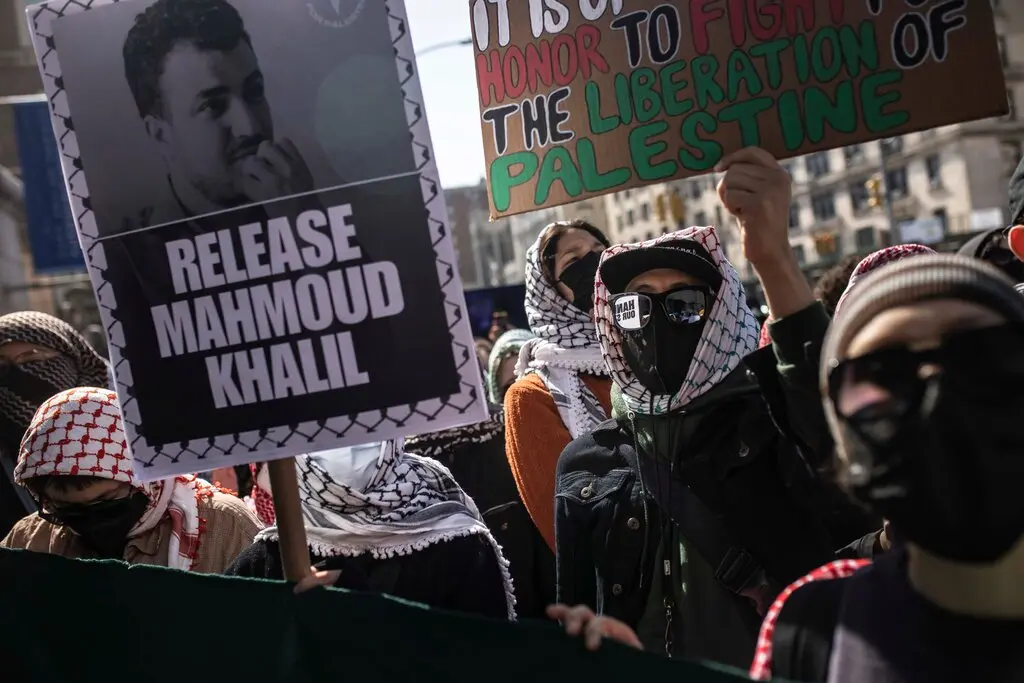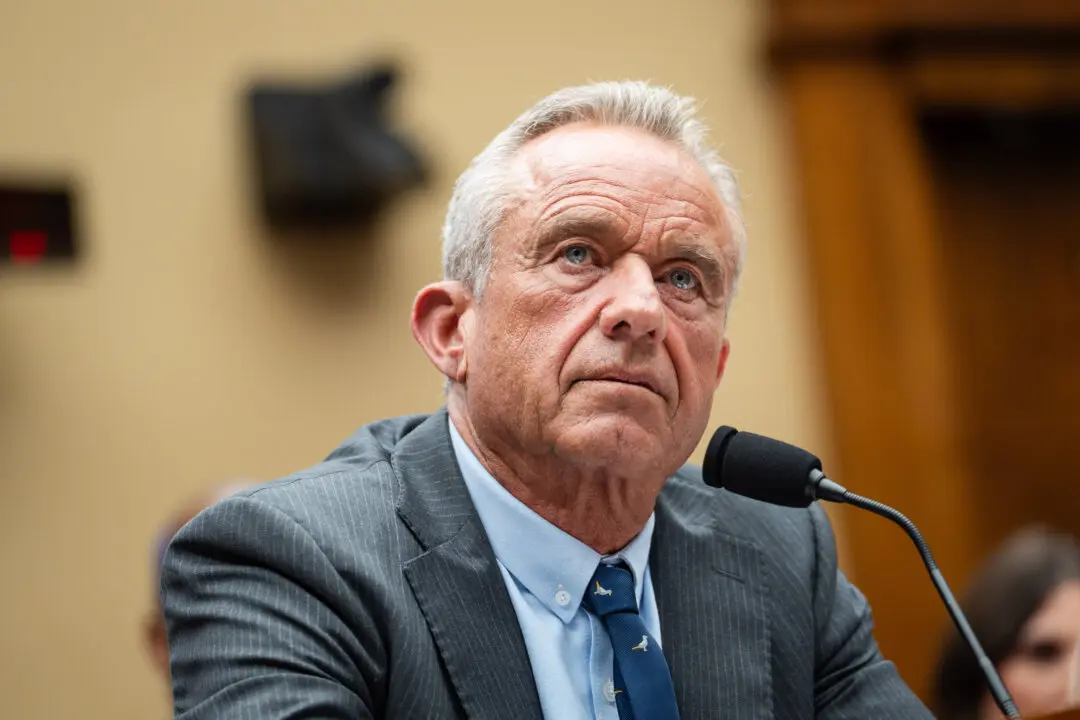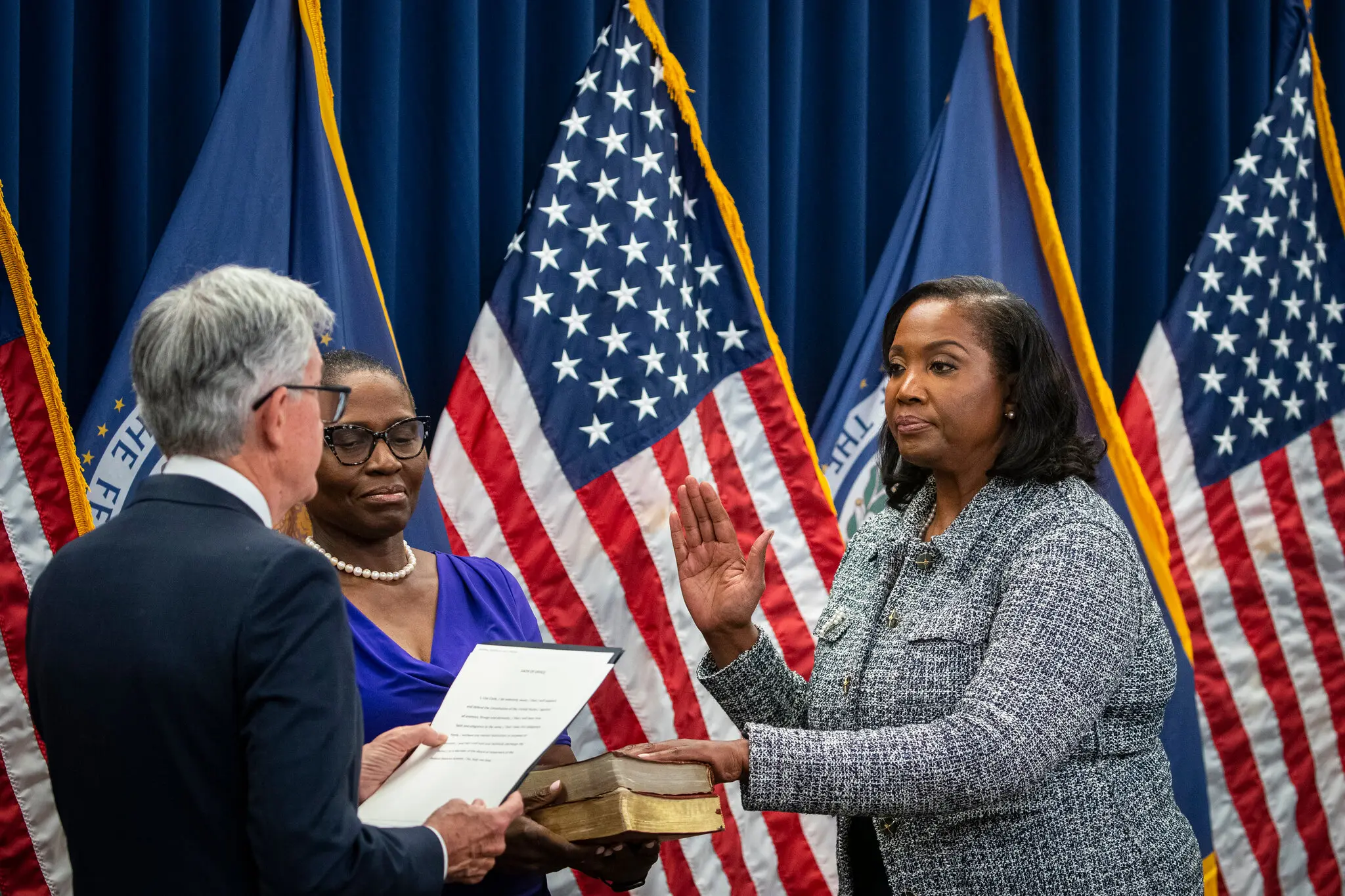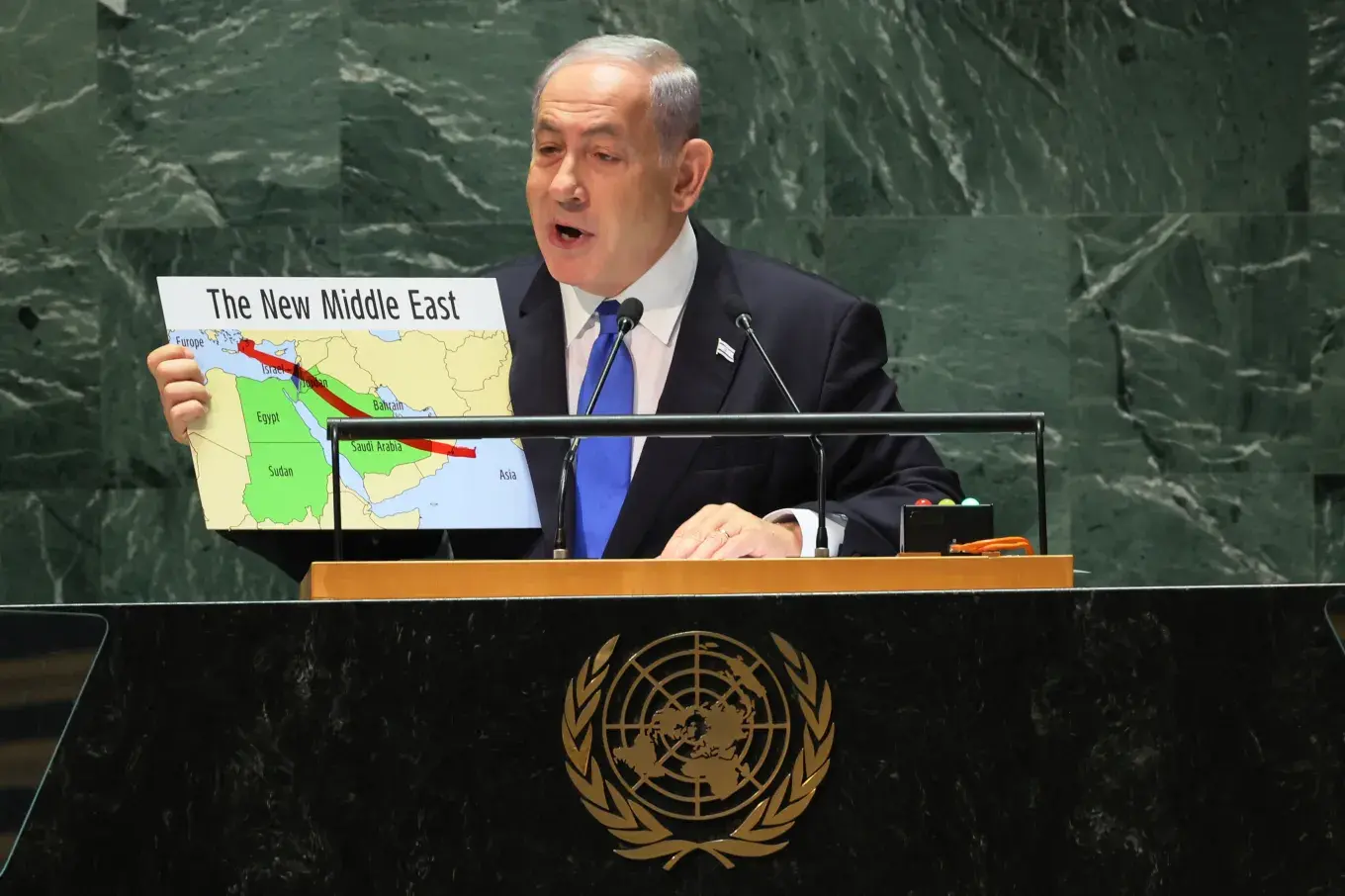Trump’s Student Arrests and the Legal Battle Against Them Break New Ground
22.07.2025
Trump Administration’s Student Arrests and Legal Fight Enter Uncharted Territory
The Trump administration’s move to deport foreign students supporting pro-Palestinian causes under a seldom-used foreign policy law has few legal precedents.
In a federal courtroom, four seasoned immigration agents recently testified about carrying out these arrests. All of them shared two notable traits: decades in law enforcement and no recollection of ever executing similar directives. Acting on orders from Secretary of State Marco Rubio’s office in March, the agents detained several international students, including a Tufts University doctoral student whose arrest video went viral. Rubio had revoked their legal status under a little-known law, clearing the way for their detention.
A Lawsuit Challenges Unprecedented Tactics
These arrests are at the heart of a Boston trial over the administration’s controversial deportation efforts. Academic groups argue the government violated the First Amendment by targeting noncitizen students for their pro-Palestinian views. Over two weeks in court, their lawyers accused Trump officials of exploiting Rubio’s narrow power to revoke visas and green cards in a way that suppresses political speech and intimidates campus activists.
The Justice Department countered that no coordinated campaign existed and dismissed the accusations as “imaginative storytelling.”
Testing Constitutional Boundaries
Although the Supreme Court has affirmed First Amendment protections for noncitizens in several cases, legal scholars warn this lawsuit tests uncharted constitutional waters. The challenge pits Congress’s explicit authority, granted to the secretary of state, against free speech rights in a way never before examined.
“If the courts side with the government, it could be a devastating blow to freedom of expression,” warned Michael Kagan, a law professor at the University of Nevada, Las Vegas. He noted that previous administrations avoided deploying this law for speech-related reasons.
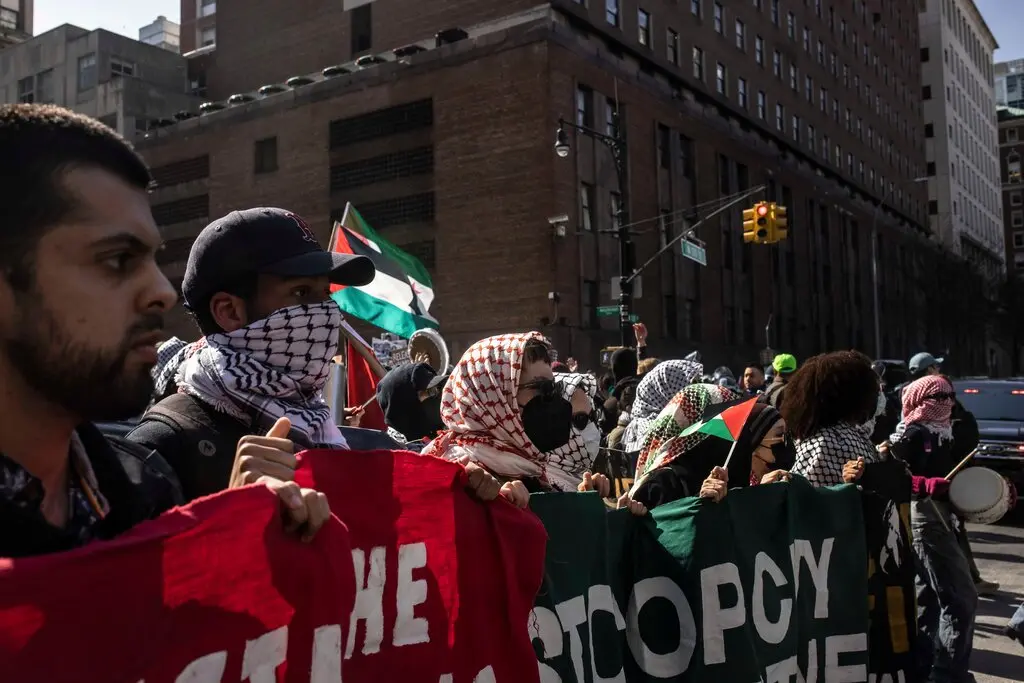
Controversial Use of a Rare Law
ICE agents recalled being instructed to arrest students like Mahmoud Khalil, a Columbia University graduate and green card holder who led pro-Palestinian demonstrations, and Rumeysa Ozturk, a Turkish doctoral student on a visa who co-authored an article criticizing her university’s response to the Gaza conflict.
Rubio invoked a provision of the Immigration and Nationality Act that allows deportations if the secretary deems someone’s presence a threat to U.S. foreign policy interests. Amended in 1990 to limit its use, the law had been employed just 15 times in over 11 million immigration cases, usually alongside other charges.
Concerns of Political Retaliation
Civil rights advocates fear these actions could expand beyond pro-Palestinian activism. “This law is so vague that it’s ripe for abuse,” said Yale Law professor Cristina Rodríguez. “The administration’s interpretation could be extended to silence climate activists or any dissenting voices.”
In March, Khalil’s arrest spurred over 150 legal scholars to argue in a court brief that the foreign policy provision was unconstitutional due to its broad scope and potential for arbitrary enforcement.
Civil Liberties at Stake
Groups like the ACLU and Knight First Amendment Institute argue the administration aimed to quash campus activism, a strategy they say could set a dangerous precedent. “If noncitizens can be deported for political speech, they effectively lose any First Amendment protection,” said Ramya Krishnan, a Knight Institute attorney, during closing arguments.
The administration denies targeting activists and insists each case was evaluated individually.
A Legal Battle With Broad Implications
Judge William G. Young, who presided over the trial, has yet to issue a ruling. Civil rights advocates say the outcome could redefine the balance between government discretion and constitutional freedoms.
Rodríguez emphasized the difficulty of proving systematic abuse. “They’re exercising discretion in ways the law wasn’t intended for, but showing that in court will be an uphill battle,” she said.

